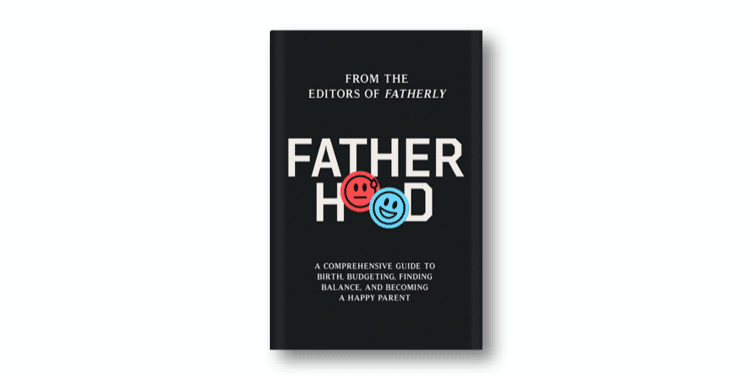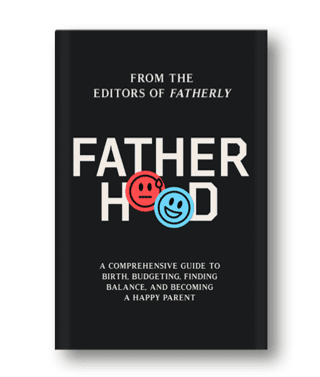
FATHERHOOD
From the editors of Fatherly, the largest online advice platform for dads, comes the ultimate guide for equipping new and expecting Fathers for almost every aspect of parenting—with both confidence and joy.
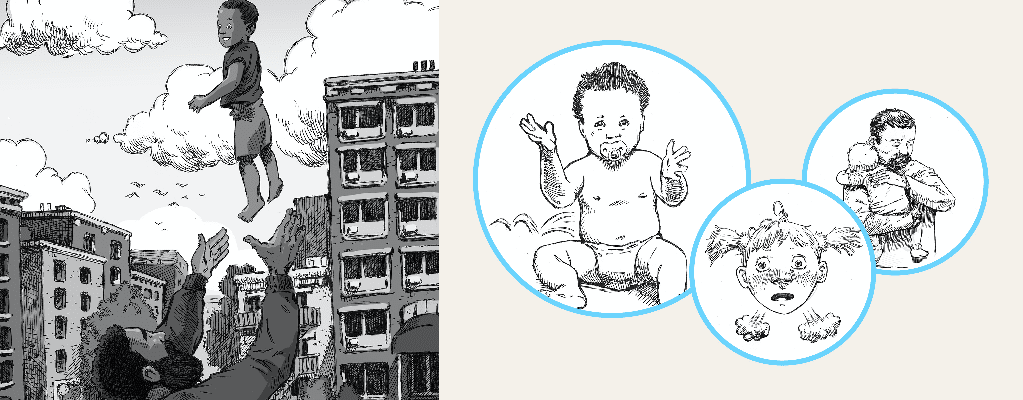
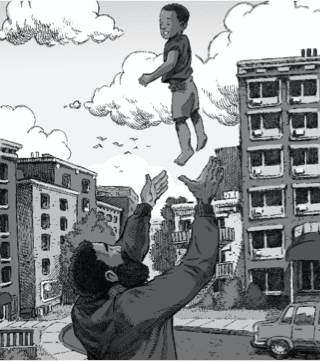
10 Things You’ll Get from Fatherhood
- Guidance for building a strong foundation with your partner before your kid arrives, making future parenting choices easier and less confusing.
- A parenting book that focuses on dad without assuming he’s a hapless dummy. (Is that a first?)
- Methods for vetting parenting advice so you take only what is most scientifically accurate and pertinent to your family.
- Acknowledgment that being a parent can be extremely lonely, and fun as hell — in the span of an hour.
- Tips for navigating relationships with the community you build around your child, from grandparents and teachers, to babysitters and pediatricians.
- Practical steps for practical skills like dressing, feeding, burping, swaddling, packing a diaper bag and getting your child to stop crying and sleep through the night. Not because you don’t know how, but because you can always do better.
- The latest research on topics from behavior to discipline from the best child development practitioners and scientists working in the world today.
- A detailed timeline of the developmental milestones that actually matter over the first year of life.
- Acknowledgment that, while work/life balance is a game of Jenga you’ll never win, there are strategies for finding balance and an equitable division of labor your partner wont resent you for.
- Peace of mind from years of award winning journalism, advice and investigation from the editors of Fatherly.com.
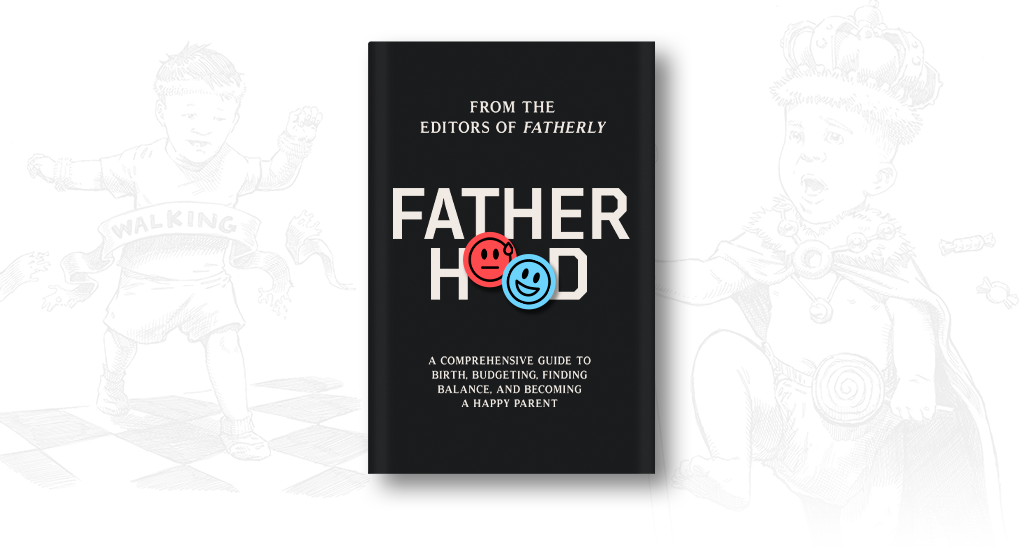
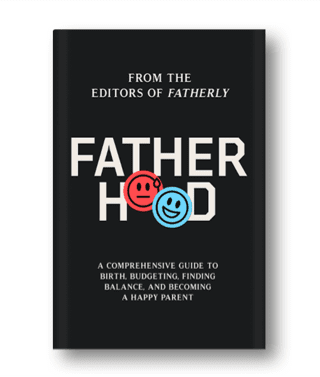
Get Ready for FATHERHOOD in 5 Easy Steps
STEP 1: Get the Book
STEP 2: Talk to Your Partner

If you just know what your problems are, you have nothing. You need to know what your strengths are and focus on those and spend time together and enjoy each other.
STEP 3: Know Yourself

“Becoming a parent offers a tremendous opportunity to find the best in yourself, and when the task of change is accepted, the biggest step toward success has already been taken. By building a strong foundation of love, moral values, and intention at the center of the family, there is little room for rot and very little that could possibly spoil.”
STEP 4: Hone Your Skills

STEP 5: Enjoy

“When your kids come running at you at full speed, they know that dad has their back. He’s not going to go anywhere, and they’re not going to get hurt when they hit him at full speed.”
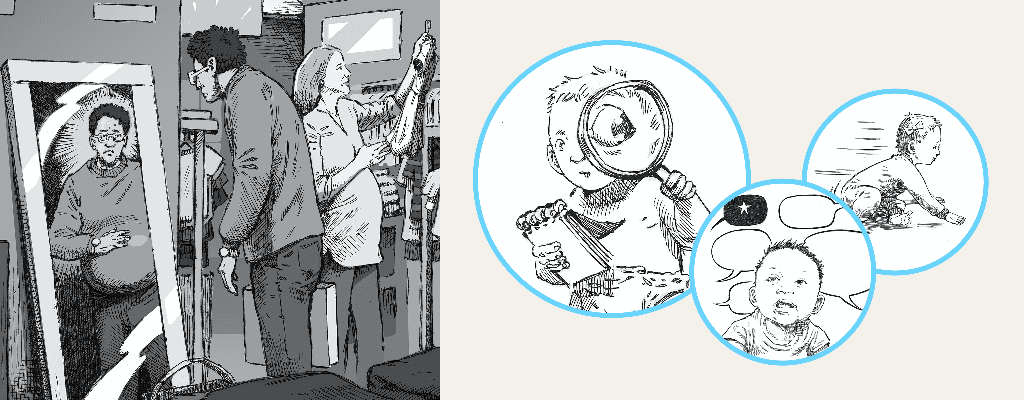
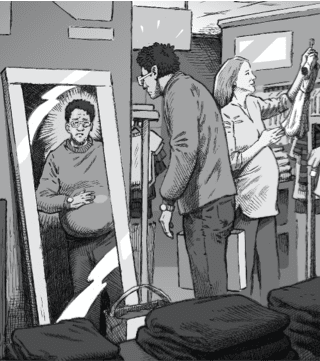
FATHERHOOD
